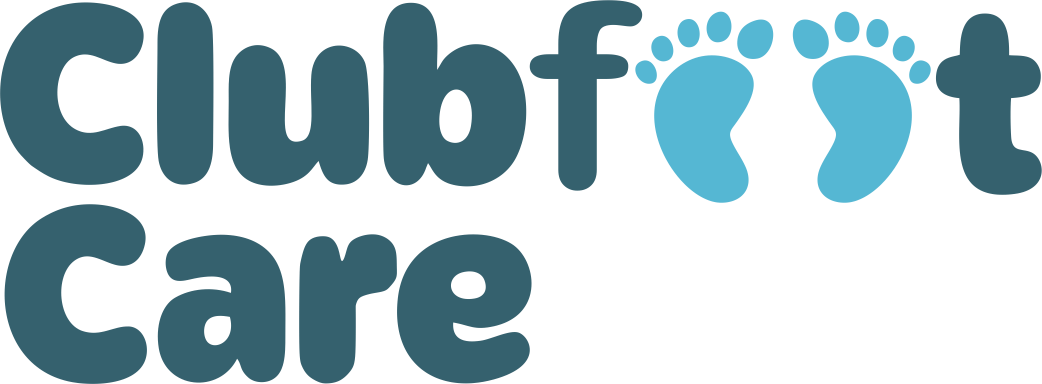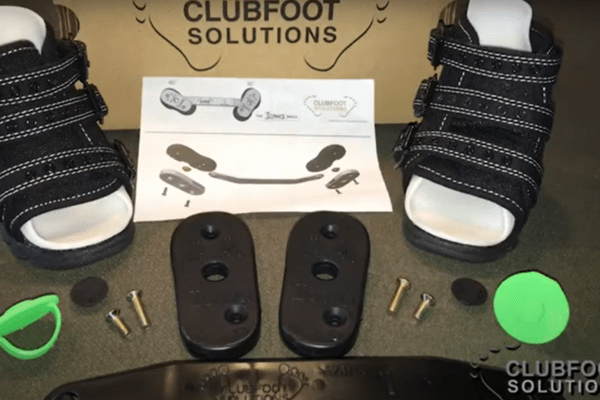Best Club Foot Shoes for Newborns and Babies: What Parents Need to Know

If your baby has been diagnosed with clubfoot (also known as congenital talipes equinovarus), you’re likely looking for the best treatment options available. One of the most important components of successful correction is choosing the right club foot shoes for newborns and babies. These shoes play a crucial role in maintaining the corrected foot position after initial treatment, often following the Ponseti method.
Understanding Clubfoot and Its Treatment
Clubfoot is a common congenital condition where one or both feet are twisted out of position. Left untreated, it can lead to difficulties in walking and long-term discomfort. The Ponseti method—a globally trusted, non-surgical treatment—involves gentle casting followed by bracing.
While the casts correct the deformity, clubfoot shoes for babies help maintain the correction as your child grows.
Why Special Shoes Are Needed for Clubfoot:
After casting, your baby’s feet are in the right position—but they can still relapse. This is why orthopedic shoes are crucial:
- Prevent Relapse: Clubfoot tends to return if not supported with proper bracing and shoes.
- Promote Normal Development: Correct shoes help align feet, support arches, and encourage healthy muscle growth.
- Ensure Safety: Designed with your baby’s comfort and mobility in mind, especially during the first year.
Features of the Best Club Foot Shoes for Newborns
When choosing clubfoot shoes, consider these key features:
- Proper Support: Maintains foot in external rotation to prevent relapse.
- Adjustable Straps: Allows a snug, secure fit as your baby grows.
- Breathable Material: Keeps your baby’s delicate skin cool and irritation-free.
- Brace Compatibility: Must fit with Ponseti bars (Iowa bar) or AFO braces.
- Non-Slip Soles: Offers stability for early crawling and standing.
Top Club Foot Shoe Options for Babies
At Clubfoot Care, we provide high-quality, pediatrician-recommended shoes tailored for newborns and infants:
- Friendly Clubfoot Shoes – Designed for newborns, with soft interiors for maximum comfort.
- Day-Walking Shoes – Lightweight and flexible, perfect for early movers.
- Ponseti-Compatible Shoes – Seamlessly integrate with Iowa bars for complete correction.
When Should You Start Using Club Foot Shoes?
After the casting phase (usually around 6–8 weeks of age), your baby transitions into the bracing phase. During this period, babies typically wear the shoes with braces for:
- 23 hours/day for the first 3 months
- Nighttime and naps thereafter (12–14 hours/day) until around age 4
Consult your doctor for a personalized schedule.
How to Ensure Proper Fit and Comfort
Getting the right size and fit is critical. Here’s how:
- Measure Often: Babies grow quickly, so check shoe size every 2–3 months.
- Look for Redness: Remove the shoes and inspect for pressure points.
- Test the Straps: They should be snug but not leave deep marks.
- Observe Movement: If your baby cries while moving or walking, the shoes may be too tight or improperly aligned.
Tips for Parents Using Club Foot Shoes for Babies
- Stick to the Schedule: Consistent wear is crucial in preventing relapse.
- Clean Regularly: Wipe shoes with a damp cloth to avoid dirt buildup.
- Rotate Shoes (if possible): This reduces wear and allows shoes to air out.
- Attend All Follow-Ups: Your child’s orthopedic specialist will monitor alignment and growth.
Common Questions Parents Ask
Q: Can I use regular baby shoes instead?
A: No. Clubfoot shoes are specifically designed for correction and stability, which standard shoes lack.
Q: How long will my baby need these shoes?
A: Most babies wear them consistently for up to 4 years, though daily usage decreases over time.
Q: Are clubfoot shoes uncomfortable for babies?
A: Not at all—if fitted correctly, they are comfortable and allow natural movement.
Conclusion
Choosing the right club foot shoes for babies and newborns is one of the most important steps in ensuring long-term success after clubfoot treatment. At Clubfoot Care, we provide durable, breathable, and brace-compatible shoes designed for comfort and correction. By staying consistent and informed, you’re giving your child a healthier, more confident start in life.

